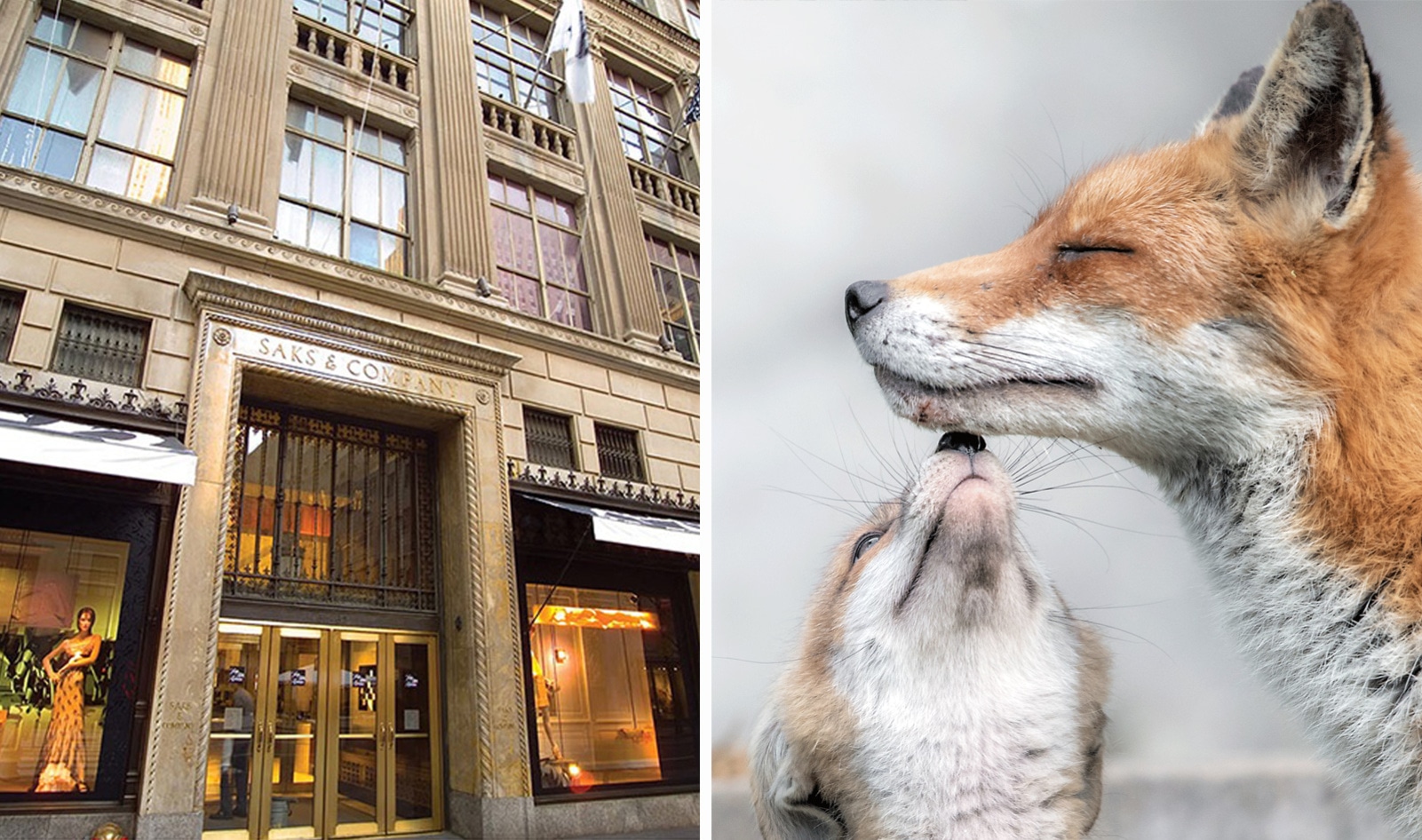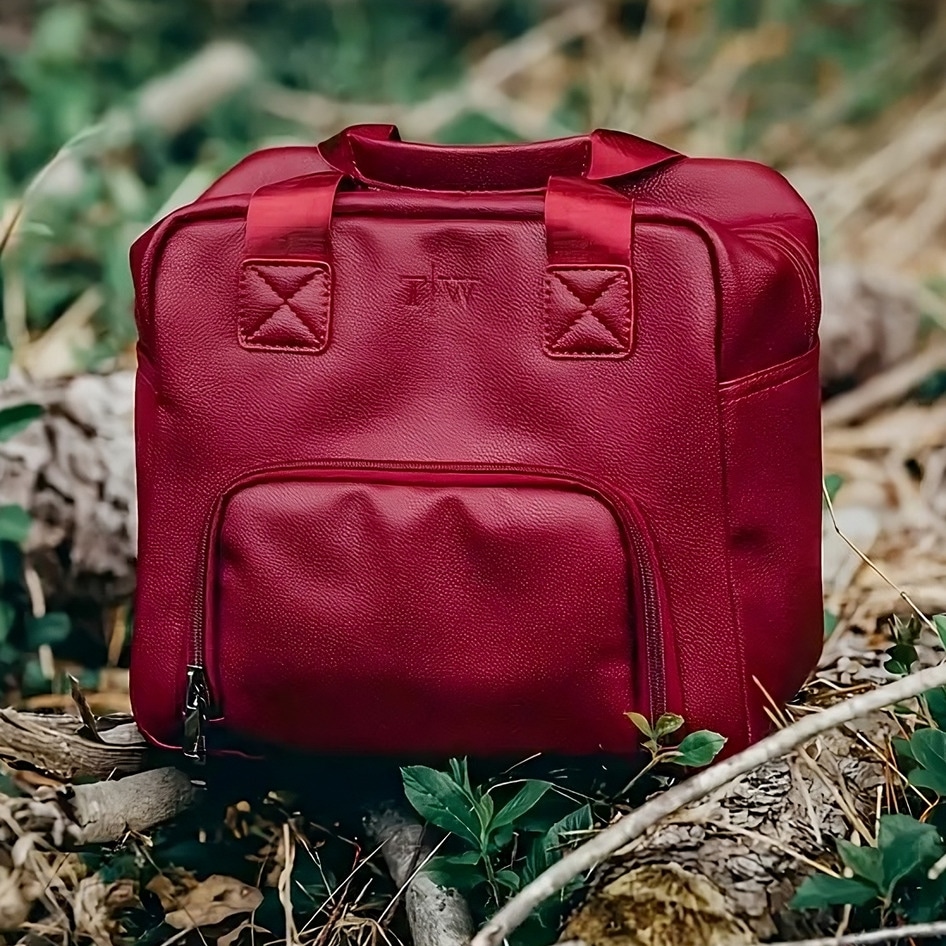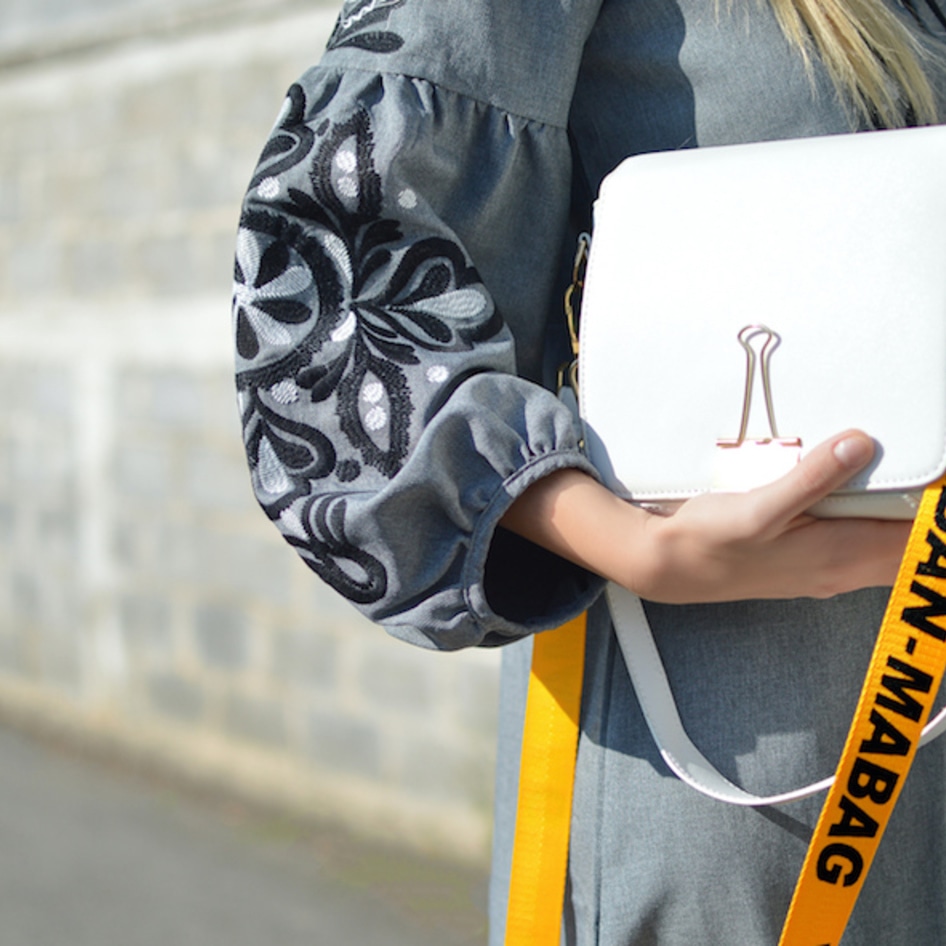Fashion retailer Saks Fifth Avenue just announced a commitment to stop selling fur across its properties by the end of the 2022 fiscal year (January 28, 2023). Through a phased out approach, Saks will stop selling fur items made by brand partners and private label merchandise. The commitment applies to fur from animals raised for their skins and fur sourced from wild animals.
“Across the Saks Fifth Avenue experience, we evaluate a number of factors when making decisions about our assortment, including customer preferences and societal shifts,” Tracy Margolies, Chief Merchandising Officer at Saks, said. “We recognize that trends constantly evolve, and that the sale of fur remains a significant social issue. As such, eliminating it from our assortment is the right step for us to take at this time.” Saks will also close all of its fur salons by the end of the 2021 fiscal year (January 29, 2022). While the retailer is banning fur, Saks will continue to sell lambskin, sheepskin, down, leather, and other cruelly begotten animal materials.
Saks—which opened its first store in 1867—joins a growing number of retailers to ban fur. In 2019, Macy’s committed to no longer sell fur at all of its approximately 680 retail outlets—including all Macy’s and Bloomingdale’s private brands (as well as items sold from brand partners), along with Macy’s, Inc. discount stores, including Macy’s Backstage and Bloomingdale’s The Outlet—by the end of the 2020 fiscal year. Similarly, Nordstrom announced last year that it will end the sale of fur and other exotic animal skins by the end of 2021 at all of its properties, including Nordstrom Rack, Last Chance stores, as well as Nordstrom’s e-commerce sites.
“Saks Fifth Avenue’s fur-free announcement is a game changer,” Kitty Block, president and CEO of the Humane Society of the United States, said. “Clearly consumers no longer want animal cruelty in their wardrobes, and credit to Saks for recognizing that the future of luxury is about innovative alternatives that are better for animals and the environment. More and more brands and companies are adopting fur-free policies and it’s only a matter when, not if, the few remaining fashion brands will catch up with this new standard.”
Fur is obsolete
In addition to retailers, brands and designers are increasingly committing to banning fur from their product lines after mounting pressure from animal-rights groups worldwide. In February, shoe and apparel brand Adidas became the 1,500th company to join the Fur Free Retailer program organized by animal-rights coalition Fur Free Alliance. The Fur Free Retailer program currently operates in more than 25 countries and counts H&M, Prada, Zara, Gucci, and many other companies which have pledged to no longer include fur in their collections.
A number of states and cities have also banned fur as attitudes around exploiting animals for fashion continue to change. In 2019, California became the first state to prohibit the sale and manufacture of new fur statewide with the passage of AB 44–legislation that will take effect in January 2023. Currently, both New York and Oregon are also considering statewide fur bans.
JUMP TO ... Latest News | Recipes | Guides | Health | Shop








